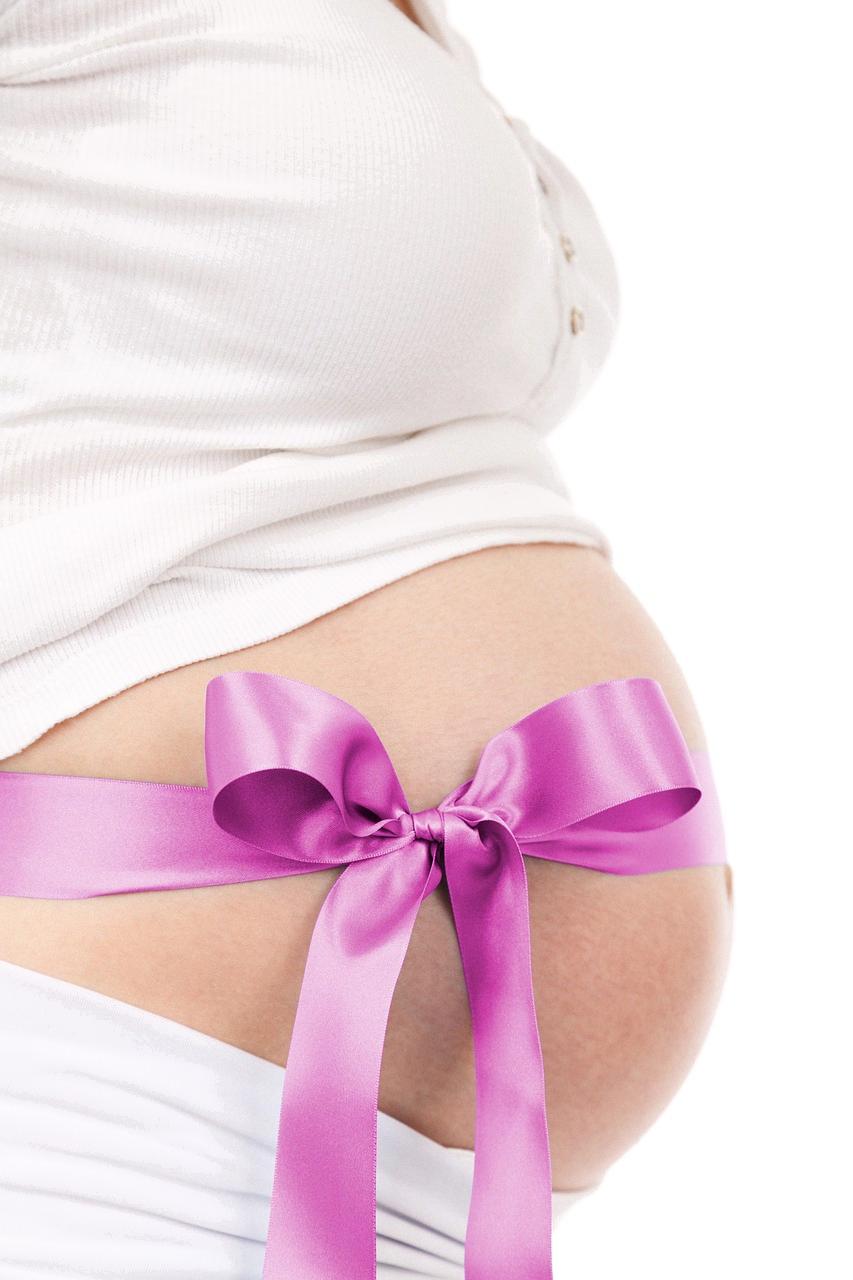During the early stages of pregnancy, at around 2-3 weeks, the body may start showing subtle signs that could indicate pregnancy. These initial symptoms can be quite mild, but they are key indicators of the beginning of this exciting journey.
One of the primary symptoms that may be experienced at 2-3 weeks of pregnancy is a missed period. This is often one of the first signs that a woman may be pregnant. The absence of a menstrual period can prompt a woman to consider the possibility of pregnancy.
Implantation bleeding is another common symptom that can occur around this time. This light spotting is caused by the fertilized egg attaching to the uterine lining. While it is typically lighter and shorter in duration than a menstrual period, it can be a significant early sign of pregnancy.
Some women may also notice increased fatigue during the early weeks of pregnancy, as the body works hard to support the developing embryo. This fatigue can be more pronounced than usual, potentially prompting women to take more frequent naps or rests throughout the day.
Changes in breast tenderness and swelling can also be observed at 2-3 weeks of pregnancy. The breasts may feel more sensitive or tender to the touch, and they may appear fuller or heavier than usual. These changes are attributed to hormonal fluctuations in the body.
At this early stage, women may experience mild nausea, commonly referred to as morning sickness. While it is more commonly associated with later stages of pregnancy, some women may begin to feel nauseous or queasy during the first few weeks due to hormonal changes.
Another symptom that can manifest early on is increased urination. Women may find themselves needing to urinate more frequently than usual, even during the night. This is caused by hormonal changes and increased blood flow to the kidneys.
Bloating and gas may also be present as the digestive system adjusts to the changes associated with early pregnancy. This can cause discomfort and a feeling of fullness in the abdomen. These symptoms are typically temporary.
Emotional changes, including mood swings and heightened emotions, are common at 2-3 weeks of pregnancy. Hormonal fluctuations can lead to increased sensitivity and variability in mood, ranging from happiness to irritability.
Some women may experience mild cramping or twinges in the lower abdominal area as the uterus begins to expand and make room for the growing embryo. These sensations are often described as similar to menstrual cramps, but milder in intensity.
Food cravings or aversions may also become apparent during the early weeks of pregnancy. Women may develop sudden desires for certain foods, while others may find previously enjoyed foods unappealing. These preferences can be quite distinct and may change frequently.
Overall, the symptoms experienced at 2-3 weeks of pregnancy may vary from woman to woman. While some women may notice multiple signs, others may only experience a few. It is important to listen to your body and consult with a healthcare provider if you suspect you may be pregnant.
These early symptoms serve as important indicators of pregnancy and can guide women in taking necessary steps to confirm their pregnancy and ensure proper prenatal care from the onset.

